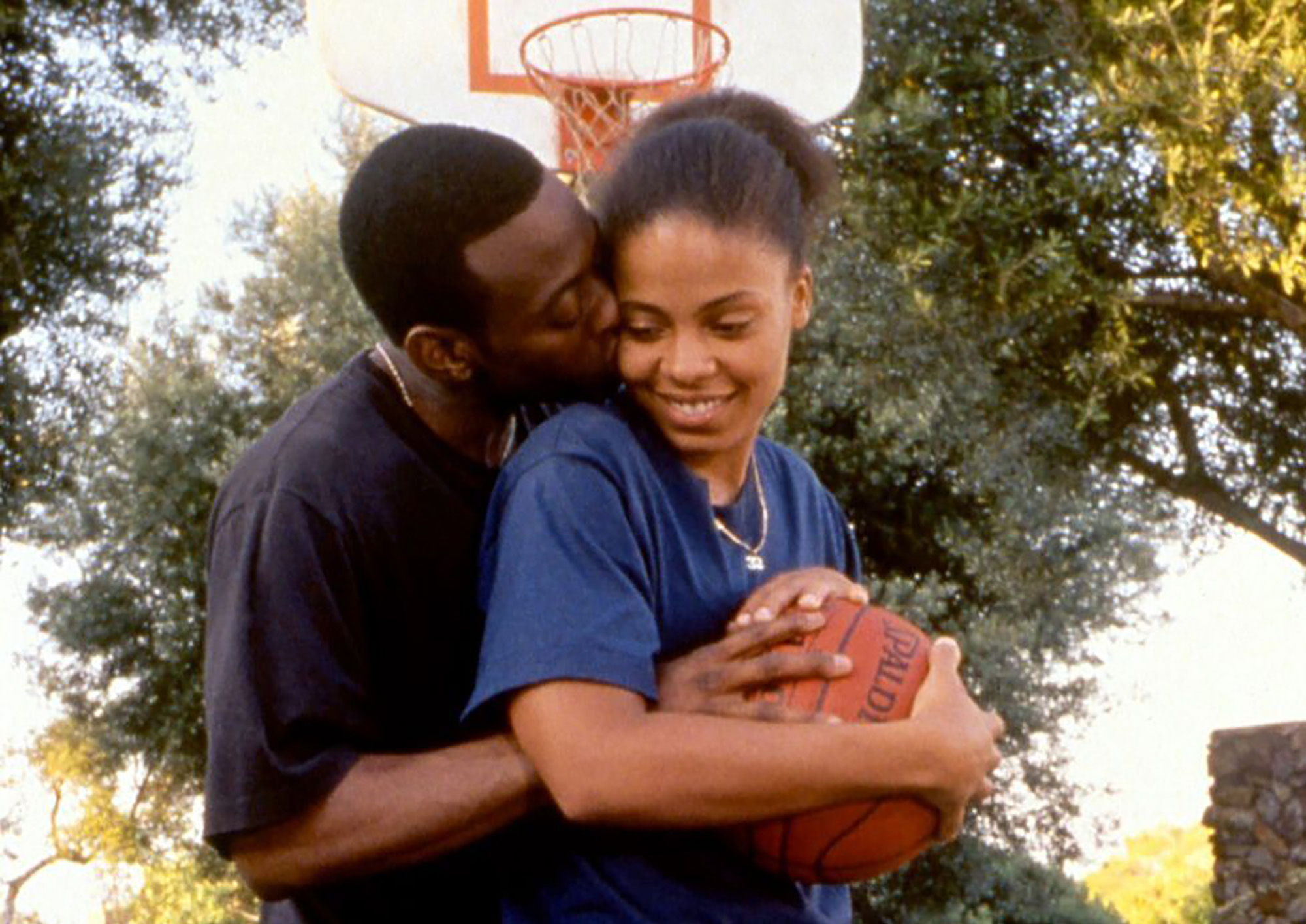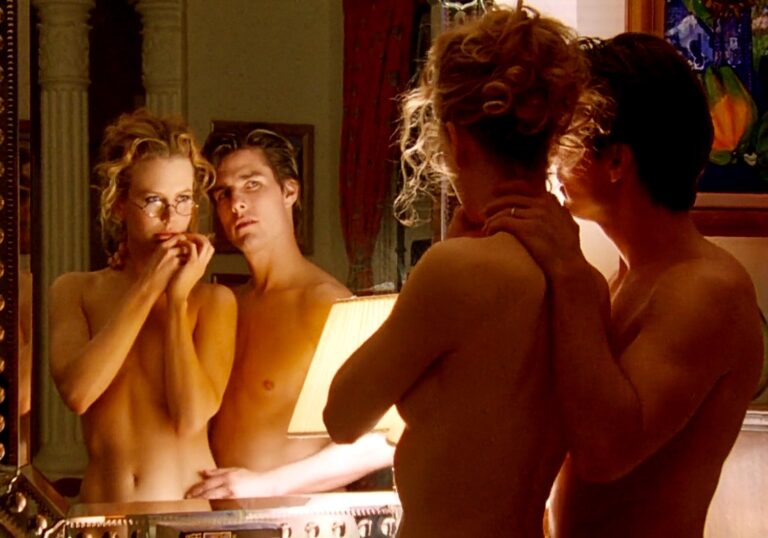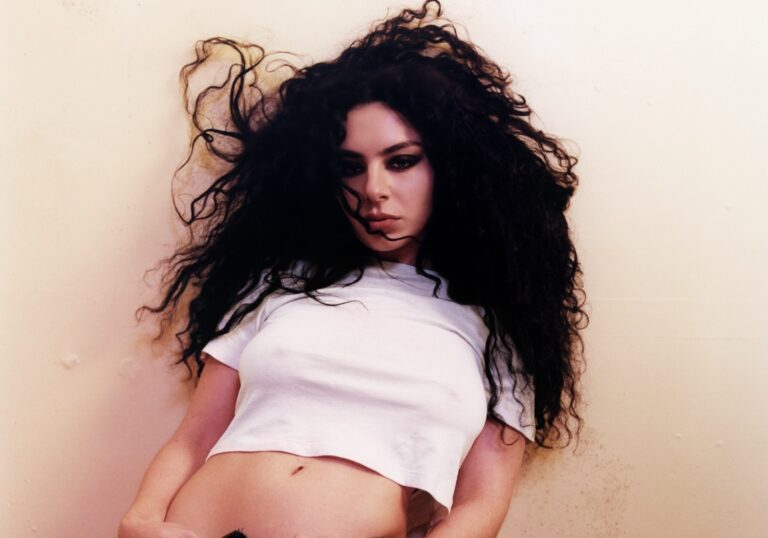Roxy Got Game

Scene from the motion picture "Love & Basketball".
A relatively young sport, at least in comparison to those played at a professional level in the western world, the history of basketball parallels cinema’s own quite neatly, both originating around 1891, and going on to become defining modes of entertainment of the next century. Filmmakers saw the cinematic potential of sports early on, translating the medium’s narratives and kineticism into Hollywood action and plotting. Baseball and boxing were early, favored subjects and are generally seen as the preeminent movie sports, but basketball, which started to be depicted on the silver screen as early as the 1920s, is no less suited to the language and grammar of film. Like boxing, the action of basketball lends itself nicely to Hollywood-style blocking and choreography (while also serving as an entry point into discussions of social dilemma), though it’s arguably more dynamic, offering the possibility of both visceral, close-quarters displays of athleticism, and more elegant, fluid ones. Timing out with the NCAA’s annual March Madness tournament, Roxy Cinema is proud to present “ Roxy Got Game” a program of notable basketball movies ranging from the early 1970s up into the 2000s.
Drive, He Said (1971)
The first of three films directed by Lakers super-fan Jack Nicholson, Drive, He Said tackles the attitudes and anxieties of then contemporary youth culture via an Oregon State basketball star who embarks on an affair with a professor’s wife all while his roommate engages in increasingly extreme means of protesting the war. Karen Black, Bruce Dern, Henry Jaglom and screenwriter Robert Towne make appearances.
Love & Basketball (2000)
A contemporary classic from 40 Acres and a Mule productions, Gina Prince-Bythewood’s debut feature traces out a decades-spanning romance between Sanaa Lathan and Omar Epps centered around their shared love of the title sport and mutual pursuit of professional basketball stardom.
Hoosiers (1986)
Perhaps the most canonical basketball film, Hoosiers (another debut feature, this time by Rudy-director David Anspaugh) was a surprise success in its day and considered a risky proposition for star Gene Hackman. This gritty, based-on-a-true-story high school basketball drama follows Hackman and Dennis Hopper (in a performance that would earn him a career-saving Oscar nom) as they get an unlikely small town Indiana team into competitive shape. Barbara Hershey also stars.
Above the Rim (1994)
One of Tupac Shakur’s 6 starring film roles, Jeff Pollack’s Above the Rim remains a standout of 90s basketball/hip hop cinema, starring Duane Martin as a college basketball prospect caught between two gang-affiliated brothers (Tupac and Just Leon) representing two potential futures for the young athlete. Bernie Mac and Marlon Wayans make appearances, plus a scene-stealing Wood Harris in psycho mode.
He Got Game (1998)
Not unlike Above the Rim, Spike Lee’s He Got Game contends with a high school basketball star looking forward to a professional career in the sport, while friends and family convene to sway his choice. But in true Spike fashion, Lee’s film attacks its subject from every conceivable angle, interrogating every player and decision made by the core cast. Centering on the ascendant Jesus Shuttlesworth (Ray Allen), He Got Game throws the very-in-control star athlete’s life into disarray weeks before he announces his much anticipated choice of college, when his incarcerated father is released on furlough as part of a scheme to sway Jesus towards a particular school. A glorious and moving film about basketball (rendered mythic with beautiful, slow motion photography by Malik Hassan Sayeedm set to Aaron Copland music) and breaking generational curses, quite possibly Lee’s greatest work.
Finding Forrester (2000)
Gus Van Sant’s minorly controversial follow up to Psycho and Good Will Hunting disappointed critics in its day who had hoped for more of that latter film’s well-modulated schmaltz, but while Finding Forrester isn’t the coolest script Van Sant has worked off of, its as handsome and technically accomplished as much of his other work from the era, shot by his great collaborator Harris Savides and scored by Terrence Blanchard. Following the bond between a promising high school basketball player and a famed author in ailing health (a legacy performance from Sean Connery), Finding Forrester uses basketball as a narrative throughline that branches out into notions of cultural memory and classism.
Words By Mitchell Glidden



